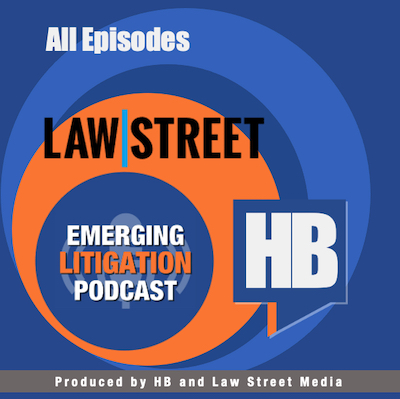Litigation After Biometric Privacy Law Violations:
Policyholder Victories and Their Implications
Understanding biometric data is vital because its use is increasing through all facets of society. The frequent use of BII has led to states proposing and passing biometric privacy laws to protect consumers and employees. As more states pass these laws, it is critical not only to follow court decisions but also to understand how insurance companies are attempting to avoid liability for such claims.
Policyholders should review their new or renewal policy terms and be aware of any effort by insurance companies to add more specific exclusionary language in an effort to limit coverage for claims (alleging violations of biometric privacy laws).
Abstract:
States and cities, including New York City, are following Illinois’ lead in enacting biometric privacy laws intended to protect employees’ and consumers’ biometric information. Courts, particularly in Illinois, have cleared up early uncertainty by ruling consistently in favor of policyholders where insurance coverage for violations of the Illinois Biometric Information Privacy Act (BIPA) is at issue. In response, insurance companies are implementing new measures to try to avoid paying for these liabilities. Another emerging area sure to lead to litigation involving privacy and data collection laws is artificial intelligence. As litigation involving privacy laws and artificial intelligence continues to proliferate, will businesses have the same success obtaining insurance coverage for these claims in courts throughout the country as policyholders have in BIPA-related insurance disputes in Illinois? While only time will tell, companies and policyholders should be examining their use of biometrics and artificial intelligence in the present, as well as their current and renewal insurance policies, to ensure adequate protection in the future.
Tags




